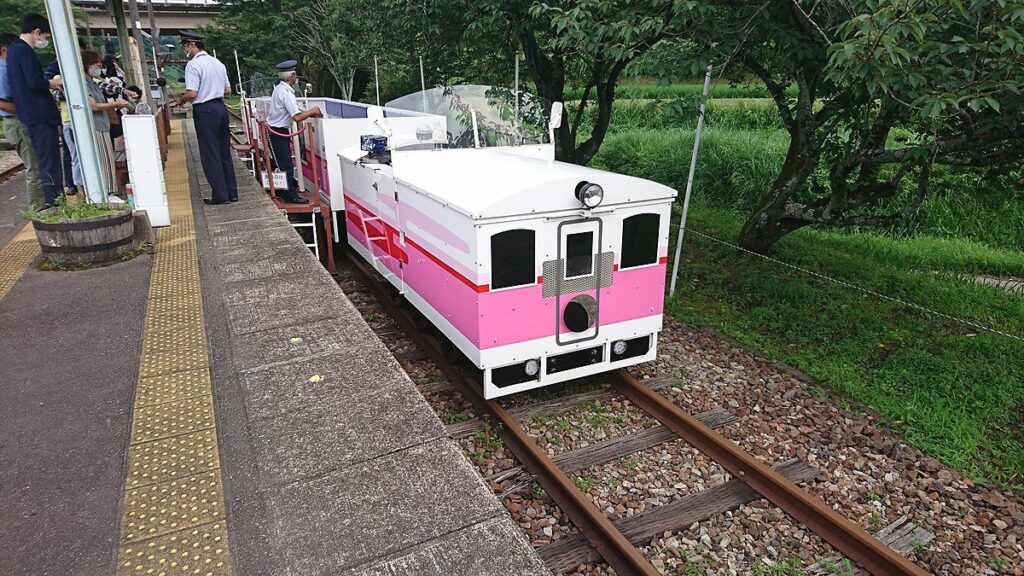Positively Newsworthy is an uplifting section of the magazine, devoted to highlighting positive happenings in the world. Enjoy the stories from our Spring 2023 issue below!
1 A Heart-warming Reunion
Ukrainian grandmother united with her beloved dog
by Persephone Kianka
Last year, Violetta, a native of Odea, attempted to bring her 13-year-old black Labrador, Tasha, with her while escaping
the Ukraine war. When the pair reached Romania, Violetta was forced to leave her beloved pet behind because she couldn’t carry her any further.
Thankfully, a local family offered to take care of Tasha while the 86-year-old grandmother and her family continued their journey to Ireland. After finding refuge in Co. Clare, Violetta couldn’t bear the continued separation from her best friend but couldn’t return to Romania because her passport had expired.
That’s when charity worker Debbie Deegan, who had helped Violetta’s family thus far, stepped in and devised a plan to rescue Tasha.
“She was not coping well without Tasha. We contacted the family in Romania and then organised for a company to transport the Labrador across eight borders,” said Ms Deegan.
Miraculously, Tasha made it unaccompanied to England, where she stayed with a kindhearted woman, Lisa Kay, on a farm in Solihull for a week. Finally, Waterford man John D’Arcy travelled to England by ferry to collect Tasha and complete the rescue mission.
According to the Irish Mirror, on the day of the reunion, Violetta “sat outside patiently all morning, wrapped up in a red puffer jacket and with a ball in her hand, waiting for Tasha to arrive”.
In pictures of this “extremely emotional moment”, we see Tasha leaping up to lick Violetta’s face while the elderly lady beams and pets her head.
As Ms Deegan notes, this happy outcome was only possible thanks to the kindness of friends and strangers who selflessly gave of their time and energy.
2 The Bicibús Project
How Barcelona’s “bike buses” are making a difference
by Persephone Kianka
In Barcelona, parents have cracked the code on how to get their kids excited to wake up for school. It’s the bike bus, or
“bicibús,” as it’s known locally, which allows hundreds of students to cycle safely to school in a group, occupying entire streets of the city.
The citizen-led scheme, backed by Barcelona City Council, began in March 2021 with a single route in the Sarria neighbourhood. Today, according to Cinnamon Janzer, “more than 1,200 kids pedal 90-plus routes to more than 70 schools across 25 cities in Catalonia.” It has also inspired communities around the world, such as in Portland, Oregon, to adopt this transport alternative.
The bicibús operates similarly to a school bus with “stops” where more cycling students can join.
Parents, teachers, and other volunteers also participate in the journey to ensure the kids’ safety. According to Mireia Boix, an accompanying parent, even police vehicles have started to escort the group, with officers traveling all around the bicibús.
Jordi Honey-Roses, who works at the Institute for Environmental Science and Technology at Barcelona’s Autonomous University, notes the significant environmental impact of the bike bus project.
“We anticipate that children who participate in “bicibús” will be more likely to ride a bike, have better cycling habits,
more sustainable transportation habits, and we think they will change the travel patterns of their family as well,” said Honey-Roses.
Indeed, Boix, who cycles with her 5-year-old son, “finds herself waking up earlier than usual every Friday out of
excitement for the ride.” She and her son ride their bikes to school most mornings, and on the day of the bicibús, she said, he “enjoys the ride and the freedom.”

3 Ramen-powered Railway
Japanese tourist train runs on ramen
by Persephone Kianka
As an island nation with limited landfill space and a goal of better sustainability, Japan has had to develop some inventive
solutions. Japanese companies, for example, tackle food waste by taking vegetable peels, cooking oil, eggshells and other used foodstuffs and repurposing them entirely.
The Amaterasu Railway, a tiny sightseeing train that tours the scenic town of Takachiho, is one such reinvention. At first glance, visitors can tell that the train is unique with its open roof and pink-coloured cars; the conductor even blows bubbles from the locomotive. However, its most interesting feature only becomes apparent once the tour’s underway.
Since last year, the Amaterasu Railway has been running on leftover tonkotsu ramen broth from local
restaurants. As a result, it leaves a delicious aroma in the air and causes less damage to the mountainous landscapes and rice fields it passes.
To make the biodiesel, Nishida Logistics, a Japanese trucking company, “extracts pork fat from the stock and refines it; it’s then mixed with old oils used to fry foods like tempura.” The final concoction contains 90 percent cooking oil and 10 percent tonkotsu ramen broth.
“We wanted it to be something more than just a tourist attraction, that could inform people about the history, culture and environment,” said Hiroyoshi Saitoh, the company’s managing director. “By implementing the biodiesel, we wanted people to become more conscious about environmental issues as well as biodiesel, especially for the students that come here on school trips.”


